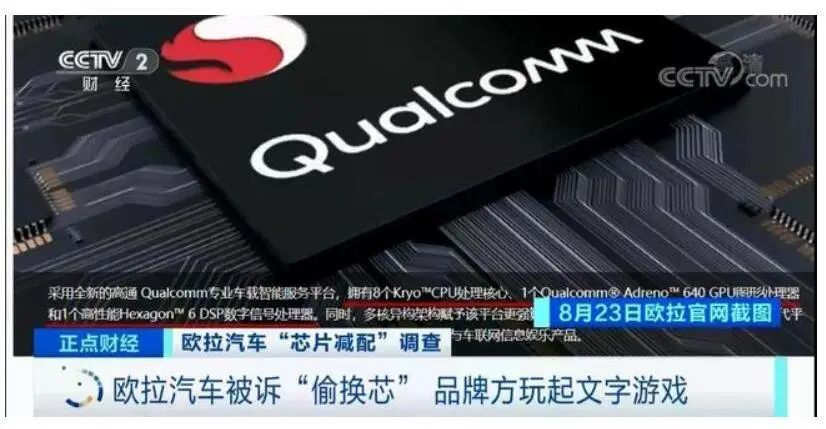With the increasing internal competition in the automobile market, some car manufacturers have resorted to excessive marketing to improve sales, with some even engaging in “deception” of consumers, which undoubtedly infringes on the rights and interests of many consumers. Today, let’s take a look at some of the most ruthless car companies that “harvest” consumers.
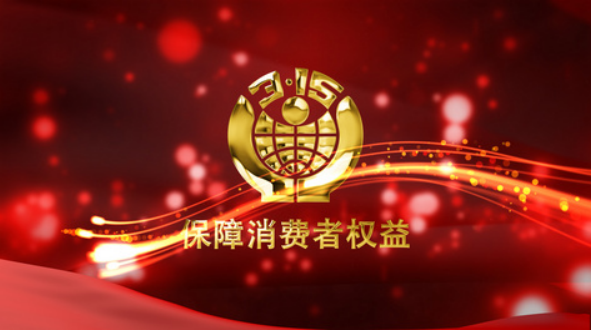
BMW: iDrive7 car system “castrated”
In recent years, BMW’s sales in China have been increasing, and it has successfully surpassed the two major brands “siblings” Mercedes-Benz and Audi in annual sales. However, behind the hot sales of BMW models, there are also a lot of complaints from car owners, mainly related to “false advertising” and “sales fraud”.
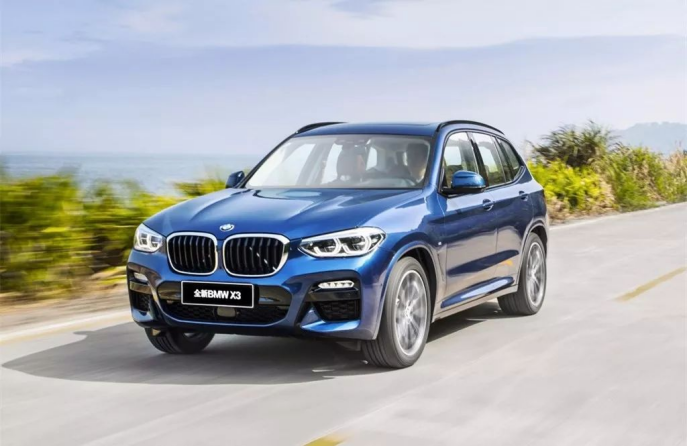
Many car owners have stated that the car system supporting 2020 BMW 5 Series, 630, 2020-2021 X3, and X4 models sold by BMW lacks functions described in the owner’s manual, such as remote upgrading and voice control. The pre-sales promotion claimed that the complete ID7 car system was installed, but in reality, it was a castrated ID7 system. After disassembling the car system, it was found to be similar to the iDrive6 system module, and there were differences in appearance compared to the authentic iDrive7 car system module.
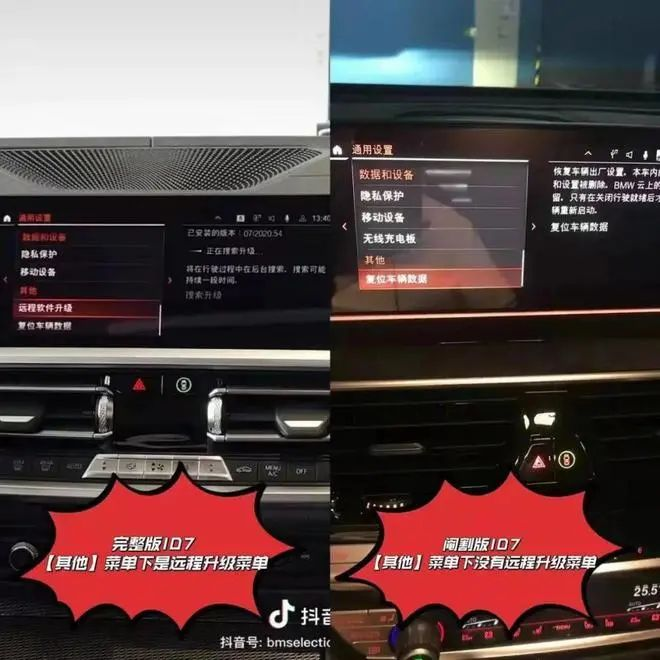
Despite the existence of product fraud, BMW officials and dealers have begun to deflect responsibility and play “pass the buck” games. Even when the media got involved, BMW officials not only failed to provide a solution but also blamed BMW dealers to evade responsibility.
Ideal Motors: Buy a car today, stop production tomorrow.
When it comes to automobile manufacturers deceiving consumers, we have to mention new forces such as Ideal Motors. The main act of deception by Ideal Motors was last year’s update and replacement of the Ideal One. In theory, updating and replacing cars is a normal process. How could Ideal One be accused of “fraud and harvesting consumers” just because of an update?
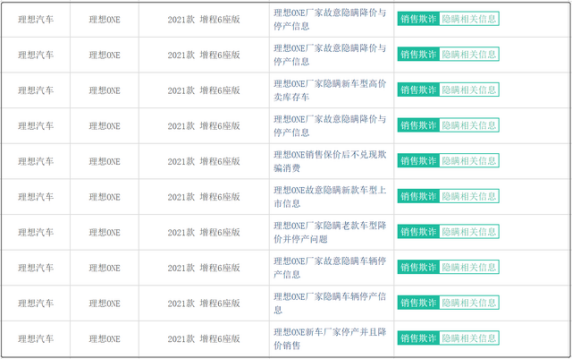 The reason is simple. Last year, Li Xiang ONE continued to accept orders at the original price without informing customers that it was about to be discontinued and upgraded. When users ordered Li Xiang ONE, they asked the sales and Li Xiang’s official website customer service and were told that there would be no new models launched in the short term, and that there was uniform pricing nationwide with no possibility of price reduction. However, not long after, Li Xiang ONE suddenly reduced its price by 20,000 yuan, and the official announced that after launching the upgraded Li Xiang L8 in November, Li Xiang ONE would be discontinued.
The reason is simple. Last year, Li Xiang ONE continued to accept orders at the original price without informing customers that it was about to be discontinued and upgraded. When users ordered Li Xiang ONE, they asked the sales and Li Xiang’s official website customer service and were told that there would be no new models launched in the short term, and that there was uniform pricing nationwide with no possibility of price reduction. However, not long after, Li Xiang ONE suddenly reduced its price by 20,000 yuan, and the official announced that after launching the upgraded Li Xiang L8 in November, Li Xiang ONE would be discontinued.
You must know that in the automotive field, after a model is discontinued, related parts will gradually stop production, making maintenance and repair more difficult in the future. In addition, with no increase in the number of vehicles in use, the prices of second-hand cars will also plummet. So this move was definitely inappropriate.
In terms of upgrading, Li Xiang has always been tight-lipped. Before, a user left a message in Li Xiang’s Weibo comment section: “I’ve been waiting for L8”. Li Xiang responded, “If you’re waiting for L8, don’t buy ONE at this stage.” From this point of view, Li Xiang has hinted that L8 will succeed Li Xiang ONE, but this kind of move is very confusing. You can’t possibly go back to the Weibo comment section of your founder before buying a car, can you?
In addition to the above two companies, OULA has also frequently topped the complaint list. The most sensational complaint was the “Chip Replacement” incident.
When the Haomao model was launched, the official propaganda claimed to use a Qualcomm eight-core chip, but car owners found that it was equipped with the Intel Atom 3940 chip that had been released for five years. The former chip has 8 cores and costs between $80-100, while the latter only has 4 cores and costs just $34. The two have significant differences in both actual usage experience and market price.
After the incident, at first OULA Automotive stated that the Qualcomm eight-core chip was a chip that would be used in future vehicles and not in existing ones, without any apology whatsoever. Only after the incident was exposed by CCTV did OULA admit to “chip replacement” and offer corresponding compensation plans to the owners.
Car manufacturers keep claiming to be “serving customers”, but in the end, customers have become “leeks”. Not only have they lost the trust of consumers, but they have also been inactive in after-sales service. For businesses, this is undoubtedly self-destructive.
This article is a translation by ChatGPT of a Chinese report from 42HOW. If you have any questions about it, please email bd@42how.com.
